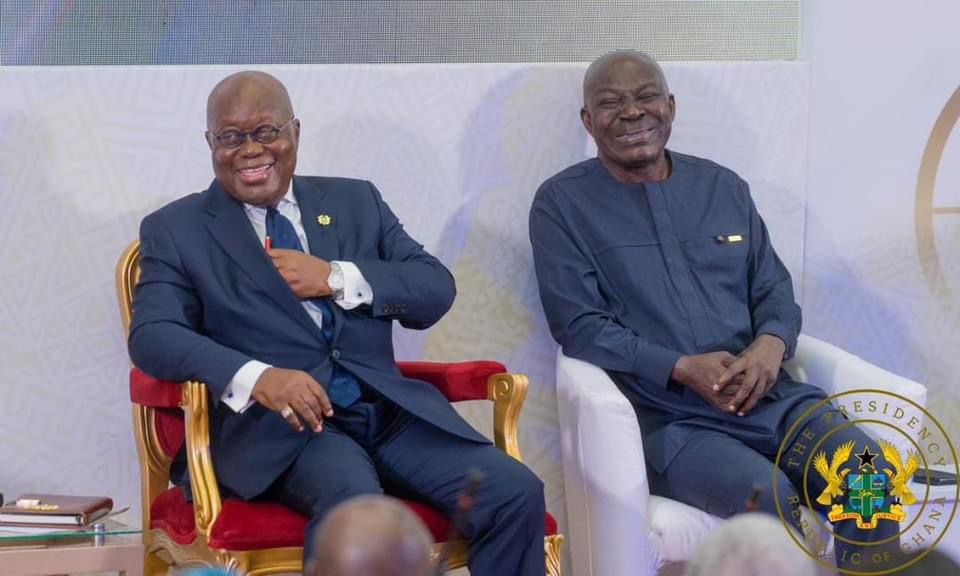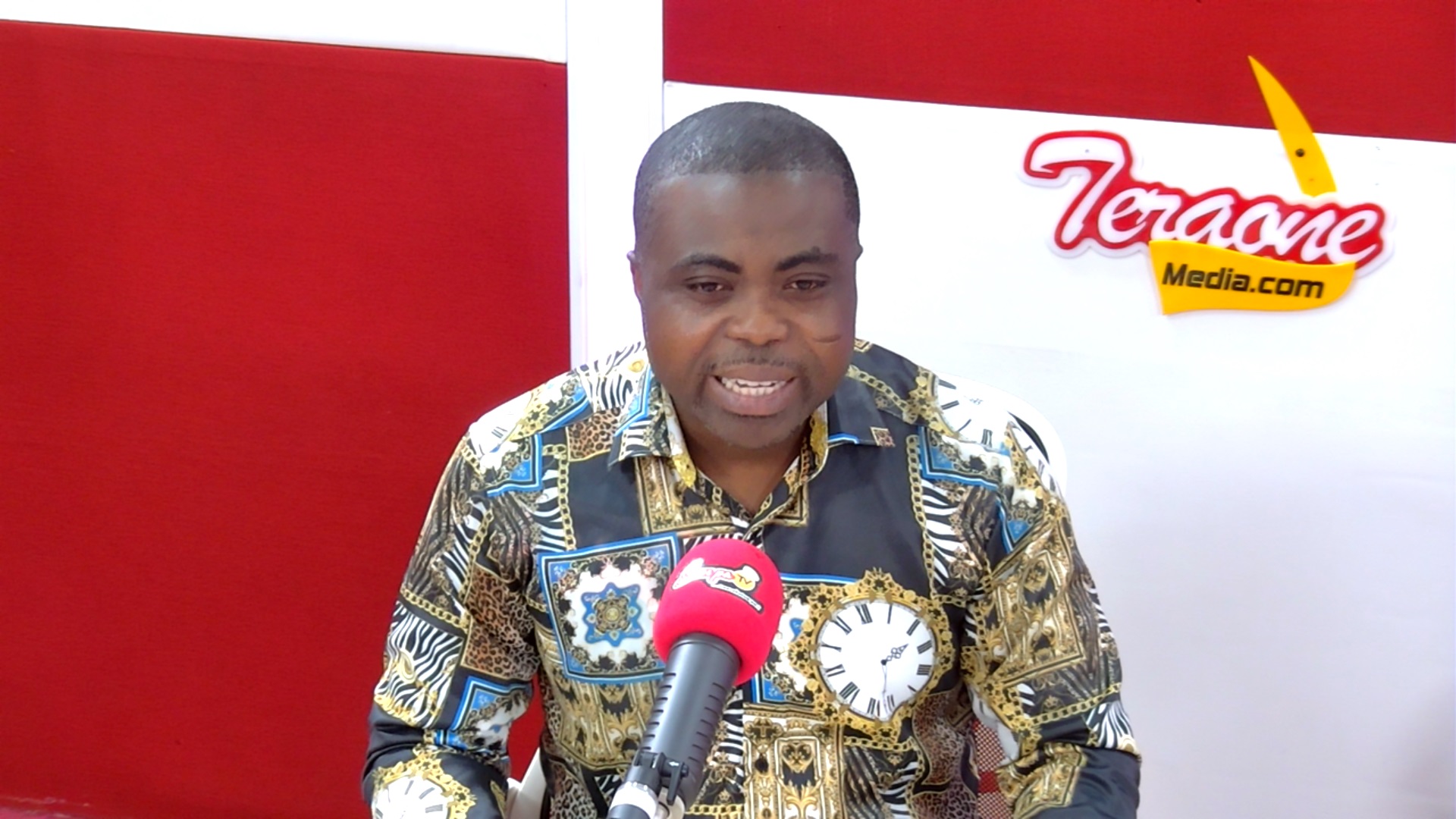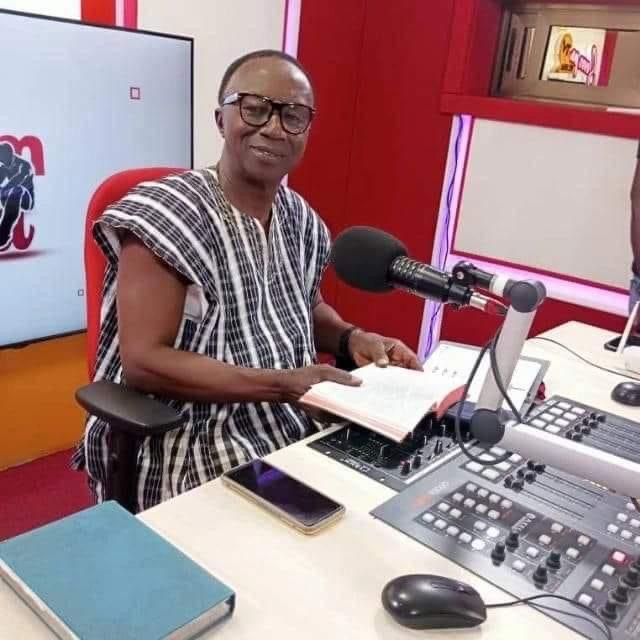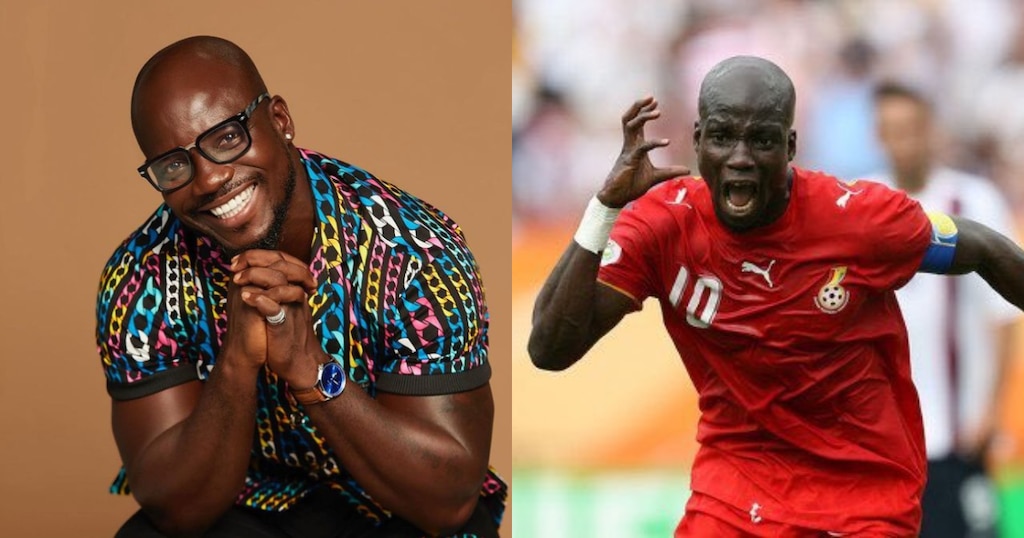President Nana Addo Dankwa Akufo-Addo delivered a powerful speech emphasizing the need for Africa to prioritize economic self-sufficiency and reduce dependency on external aid.
Speaking on the theme “The Limits of the Current Development Co-operation Framework for Africa’s Transformation,” the President outlined the limitations of the existing development cooperation framework and proposed strategies for achieving sustainable development across the continent.
President Akufo-Addo expressed concern about Africa’s continued reliance on external aid, which he described as a significant barrier to the continent’s progress. “Whilst aid has helped meet some immediate needs and supported various development projects, it has also created a dependency syndrome that undermines domestic ownership and self-reliance,” he stated.
To overcome this challenge, the President called for a focus on strategies that stimulate economic self-sufficiency. He highlighted the importance of amplifying domestic resource mobilization, nurturing entrepreneurship, and creating an enabling environment for indigenous private sector investment. These measures, he argued, would help build resilient economies and reduce Africa’s dependence on external aid, paving the way for sustainable development.
In his speech, President Akufo-Addo also addressed the issue of fragmented aid efforts, which he said often lead to inefficiencies and duplication. He advocated for greater harmonization and alignment of aid efforts with national development priorities, urging development partners to work collaboratively with African governments to ensure that aid, if requested and granted, is delivered in a coordinated and coherent manner.
Furthermore, the President underscored the importance of structural transformation for Africa’s economies. He pointed out that while short-term projects and interventions are necessary for immediate needs, they do not necessarily lead to long-term, sustainable development. To achieve Africa’s transformation, President Akufo-Addo called for a shift towards long-term investment in critical sectors such as agriculture, education, healthcare, infrastructure, and industrialization.
The President cited his government’s flagship One-District-One-Factory (1D1F) initiative as an example of a policy aimed at addressing the root causes of underdevelopment and championing inclusive growth. He stressed that by prioritizing structural transformation, Africa can build resilient economies capable of withstanding external shocks and driving sustainable development.
In conclusion, President Akufo-Addo called for a new paradigm in development cooperation, one that is centered on partnership, mutual accountability, sustainability, and local ownership. He emphasized that African countries must take the lead in defining their development priorities, with development partners supporting these efforts in a collaborative and respectful manner.
Sompaonline.com/Nana Yaw Boamah













 Sompaonline.com offers its reading audience with a comprehensive online source for up-to-the-minute news about politics, business, entertainment and other issues in Ghana
Sompaonline.com offers its reading audience with a comprehensive online source for up-to-the-minute news about politics, business, entertainment and other issues in Ghana